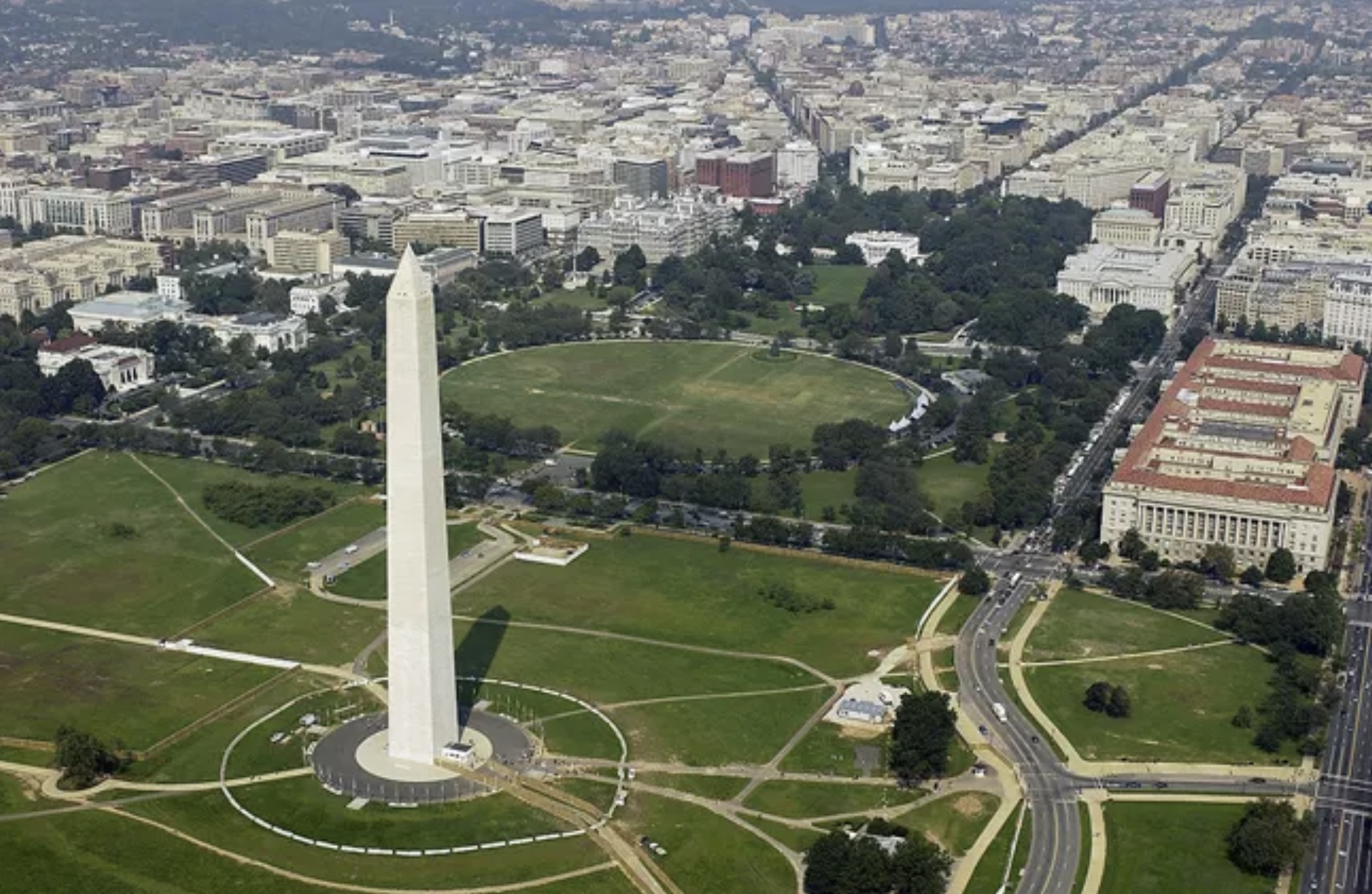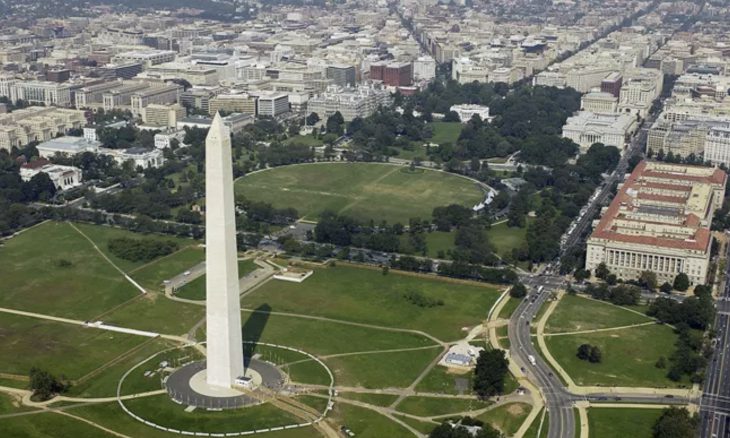Keeping Regulatory Agencies in Check

The United States government has 100 regulatory agencies. One of the very first was established in 1887, the Interstate Commerce Commission. It became the regulatory body for railways, buses, trucks, pipelines, and inland waterway traffic. Its role was diminished during the deregulation movement of the 1980s and was eliminated in 1996. It was not the only agency to fall victim to deregulation. The Civil Aeronautics Board, created in 1938 to regulate commercial air traffic, was abolished by Congress in 1985.
The best-known examples of federal regulatory agencies whose rules and regulations affect the lives of everyday Americans are the FDA, OSHA, FTC, FCC, EEOC, EPA, and the FDIC. Some people may not even remember the actual names of these “alphabet agencies:” Food and Drug Administration, Occupational Safety and Health Administration, Federal Trade Commission, Federal Communications Commission, Equal Employment Opportunity Commission, Environmental Protection Agency, and Federal Deposit Insurance Corporation.
The general purpose of government regulatory agencies is to protect citizens. Some use their powers to protect people from physical harm. Others protect the property, finances, or communications of the general public. The over-arching goal is to ensure a safe and fair playing field is available to all.
Unfortunately, many regulatory agencies overstep legal and ethical boundaries. The overzealousness and overreaching actions they take end up costing businesses as well as consumers.
In June 2022, the Supreme Court justices handed down a ruling against the overreach of the Environmental Protection Agency. The court took a major step toward reinvigorating the separation of powers doctrine and restoring regulatory accountability to the agency and the administration at large. The ruling in West Virginia v. EPA found that the agency overstepped its authority when, during President Obama’s administration, it unilaterally created rules designed to limit coal plant emissions in order to address global warming.
“A decision of such magnitude and consequence rests with Congress itself,” Chief Justice John Roberts wrote, “or an agency acting pursuant to a clear delegation from that representative body.”
The high court’s decision will have ramifications for many other agencies, and for Congress as well, which routinely crafts vague statutes, leaving unelected federal bureaucrats to interpret legislative intent, essentially writing laws. The Supreme Court is beginning to restrict this formerly limitless regulatory method.
The Wall Street Journal noted, “Congress must give clear commands before the executive branch can write costly rules that tell Americans how to live their lives.”
Looking ahead, an article in Axios suggests, “The administration’s plans to limit monopolies and rein in Big Tech will run head-on into judges eager to curb the authority of the Federal Trade Commission and every other independent agency.”
Right now, challenges to agencies like OSHA, the FTC, the FCC, and the CDC are pending across the country. A George Washington University law professor said, “There are a lot of people… who are very, very angry about what they believe to be a runaway state, in which these politically unaccountable bureaucrats are running the show. They are looking for ways of stopping agencies.”
Earlier this year, Senator Jim Risch of Idaho introduced the Reducing Regulatory Burdens Act to limit federal overreach and reduce federal spending. One of the bill’s cosponsors, Senator Bill Haggerty of Tennessee, said, “President Trump took the right approach when he required federal agencies to eliminate burdensome and wasteful regulations on businesses and taxpayers. Making this practical ‘one-in, two-out’ method permanent will free American workers and business owners from overregulation that stifles innovation, jobs, and wages, allowing the private sector to grow—not the government from a sclerotic regulatory approach.”
The bill has been read twice and referred to the Committee on Homeland Security and Government Affairs, where it remains.
God’s Word tells believers to be subject to governing authorities (Romans 13:1), and that rulers will be held to account (Hebrews 13:17). God also intends for there to be fairness and integrity in the way people deal with one another. “A false balance is an abomination to the Lord, but a just weight is his delight. When pride comes, then comes disgrace, but with the humble is wisdom. The integrity of the upright guides them.” (Proverbs 11:1-3).
How then should we pray?
- For officials in the nation’s rule and regulation-making agencies to be wise in the regulations they implement and not unduly burden individuals or businesses.
- That these regulators would keep the health, safety, and welfare of the public as their main goal.
- For God’s wisdom and grace for the American public regarding which regulations to follow and which should be challenged.
- For judges and justices in the nation’s courts as they discern balance of power issues—which matters are within the purview of the regulators and which belong to Congress.





